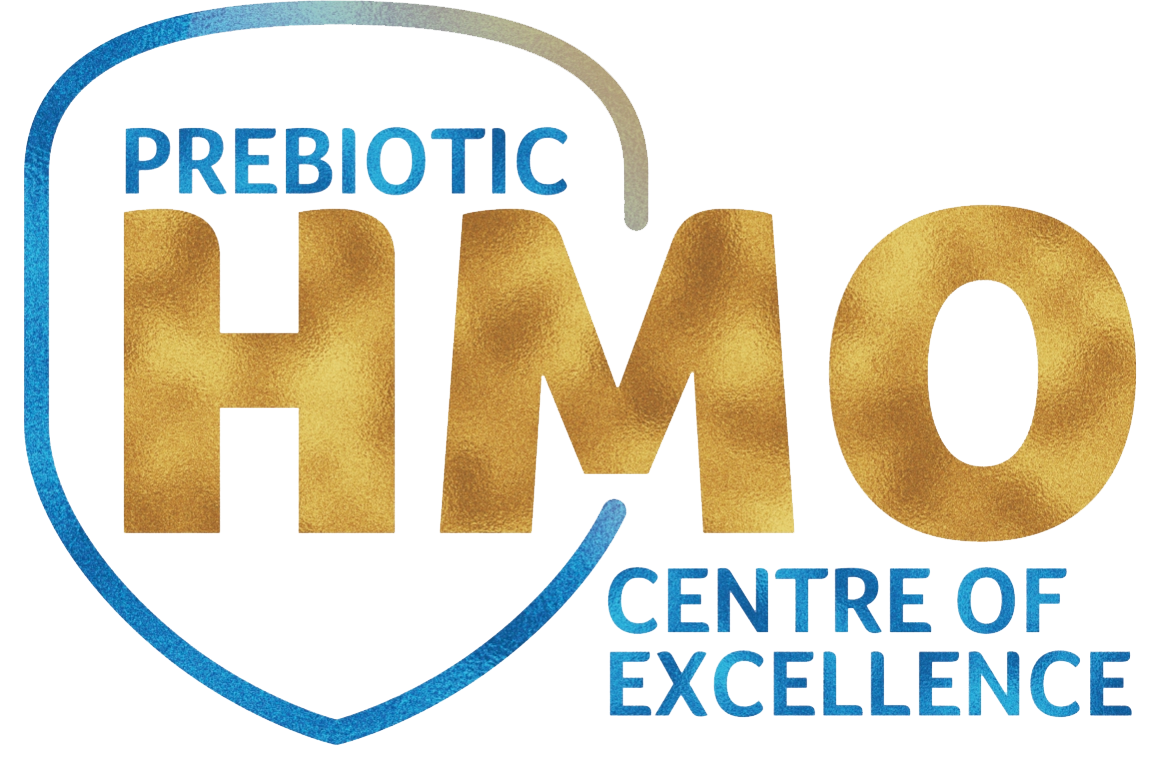
How Prebiotics Impact Immunity: Direct Mechanism Of Action
Prebiotics serve as nutrient sources for beneficial microbiota in the host and have the potential to modulate host-microbial ecosystems.1 Most studies have focused on the indirect effects of prebiotics, which include modulating gut microflora, influencing stool characteristics, and protecting against infections.2-4 Research on the direct impact of prebiotics on the immune system is scanty. This article aims to review the mechanisms by which prebiotics may directly impact immunity and related processes.
Prebiotics such as GOS and FOS used typically in the ratio of 9:1, are involved in the development of the immune system and activation of the immune responses.5,6 Prebiotics modulate the immune system either directly or indirectly by stimulating commensal bacteria and synthesizing bacterial metabolites such as SCFAs.2 The various mechanisms believed to be involved in the direct stimulation of immunity by prebiotics include:2
- Regulatory T cell (Treg) response upregulation: Tregs (CD4+CD25+Foxp3+) are critical in the maintenance of peripheral tolerance and for the suppression of T cell proliferation (CD4+ and CD8+). Further, Foxp3, a specific gene for Tregs, is necessary for their production and maintenance.7 By-products obtained through the interaction of prebiotics and probiotics regulate Tregs production and response by modulating Foxp3 induction and Treg suppressive activity.5
- Short-chain fatty acids (SCFAs) in Treg induction: SCFAs like acetate, propionate, and butyrate trigger the synthesis of inflammatory mediators by stimulating macrophages.5 Research suggests that SCFAs in the large intestine show selective expansion of Treg cells. They also increase the development of Tregs by the production of TGF-beta from epithelial cells and enhance their function by inducing the expression of FoxP3 and IL-10.5
- Microbial polysaccharides in Treg induction: Certain bacterial polysaccharide antigens such as polysaccharide A (PSA) are immunomodulatory and promote the differentiation of FoxP3+ Tregs. They also stimulate toll-like receptors (TLRs) to trigger the production of Tregs from gut-associated and other lymphoid tissue.5
- Microbial metabolite generated by the breakdown of food: Breakdown of food by bacteria generates metabolites that may stimulate the production of IL-10 and, consequently, Tregs.5
- Influence Th1/Th2 balance: Prebiotics, along with probiotics, are considered to impact allergy by affecting the Th1/Th2 balance. The allergic reaction starts when an allergen is captured by the Antigen-presenting cells of the intestinal epithelium and presented to naive Th0 cells, which then differentiate into Th2 cells. The activated Th2 cells stimulate the production of IgE, which binds and degranulated mast cells, thereby producing allergic manifestations.8 In allergic individuals, certain gut microbes such as bifidobacteria are low in numbers, and coliforms may be seen in higher numbers. Prebiotics can thus prevent or treat allergy by modulating intestinal microbes and shifting towards a Th1 balance.8
- Act as decoy receptors: Prebiotics can prevent the attachment of bacteria to the intestinal epithelium by acting as decoy receptors. They structurally mimic pathogen binding regions on the intestinal epithelium and prevent the initial adherence and colonization of gut microbiota. Pathogens then bind to these decoy receptors and are flushed out from the GIT before they can cause infections.1,9
- Modulate Gut Associated Lymphoid Tissue (GALT): Gut-associated lymphoid tissue (GALT) is comprised of Peyer's patches, lymphocytes in the lamina propria and intraepithelial region of the intestine, and solitary lymphoid follicles. Mesenteric lymph nodes are also a part of GALT.10 It is assumed that oral administration of prebiotics may produce similar effects on immunity, as probiotics; (1) by increasing the production of IgA in GALT and (2) by modulating the number and activity of Peyer’s patches.9 A proposed mechanism is that prebiotic bacteria and products penetrate the intestinal cell wall directly stimulating the immune cells and leading to their activation.10
Conclusion
Prebiotics exert a beneficial effect on immunity by regulating the expression of inflammatory mediators.2 Their ability to produce and differentiate Tregs may be an especially effective method of immunoregulation.5 More research, however, is required to arrive at a definitive conclusion regarding the direct immunomodulatory effects of prebiotics in the human intestine.2
References
- Monteagudo-Mera A, Rastall RA, Gibson GR, Charalampopoulos D, Chatzifragkou A. Adhesion mechanisms mediated by probiotics and prebiotics and their potential impact on human health. Applied microbiology and biotechnology. 2019 Aug 16;103(16):6463-72.
- Shokryazdan P, Jahromi MF, Navidshad B, Liang JB. Effects of prebiotics on the immune system and cytokine expression. Medical microbiology and immunology. 2017 Feb 1;206(1):1-9.
- Vandenplas Y, Greef ED, Veereman G. Prebiotics in infant formula. Gut microbes. 2014 Nov 2;5(6):681-7
- Bruzzese E, Volpicelli M, Squeglia V, Bruzzese D, Salvini F, Bisceglia M, Lionetti P, Cinquetti M, Iacono G, Amarri S, Guarino A. A formula containing galacto-and fructo-oligosaccharides prevents intestinal and extra-intestinal infections: an observational study. Clinical Nutrition. 2009 Apr 1;28(2):156-61.
- Dwivedi M, Kumar P, Laddha NC, Kemp EH. Induction of regulatory T cells: a role for probiotics and prebiotics to suppress autoimmunity. Autoimmunity Reviews. 2016 Apr 1;15(4):379-92.
- McKeen S, Young W, Mullaney J, Fraser K, McNabb WC, Roy NC. Infant Complementary Feeding of Prebiotics for the Microbiome and Immunity. Nutrients. 2019 Feb;11(2):364.
- Jeurink PV, van Esch BC, Rijnierse A, Garssen J, Knippels LM. Mechanisms underlying immune effects of dietary oligosaccharides. The American journal of clinical nutrition. 2013 Jul 3;98(2):572S-7S.
- Gourbeyre P, Denery S, Bodinier M. Probiotics, prebiotics, and synbiotics: impact on the gut immune system and allergic reactions. Journal of leukocyte biology. 2011 May;89(5):685-95.
- Shoaf K, Mulvey GL, Armstrong GD, Hutkins RW. Prebiotic galactooligosaccharides reduce adherence of enteropathogenic Escherichia coli to tissue culture cells. Infection and immunity. 2006 Dec 1;74(12):6920-8.
- Schley PD, Field CJ. The immune-enhancing effects of dietary fibres and prebiotics. British Journal of Nutrition. 2002 May;87(S2): S221-30.





